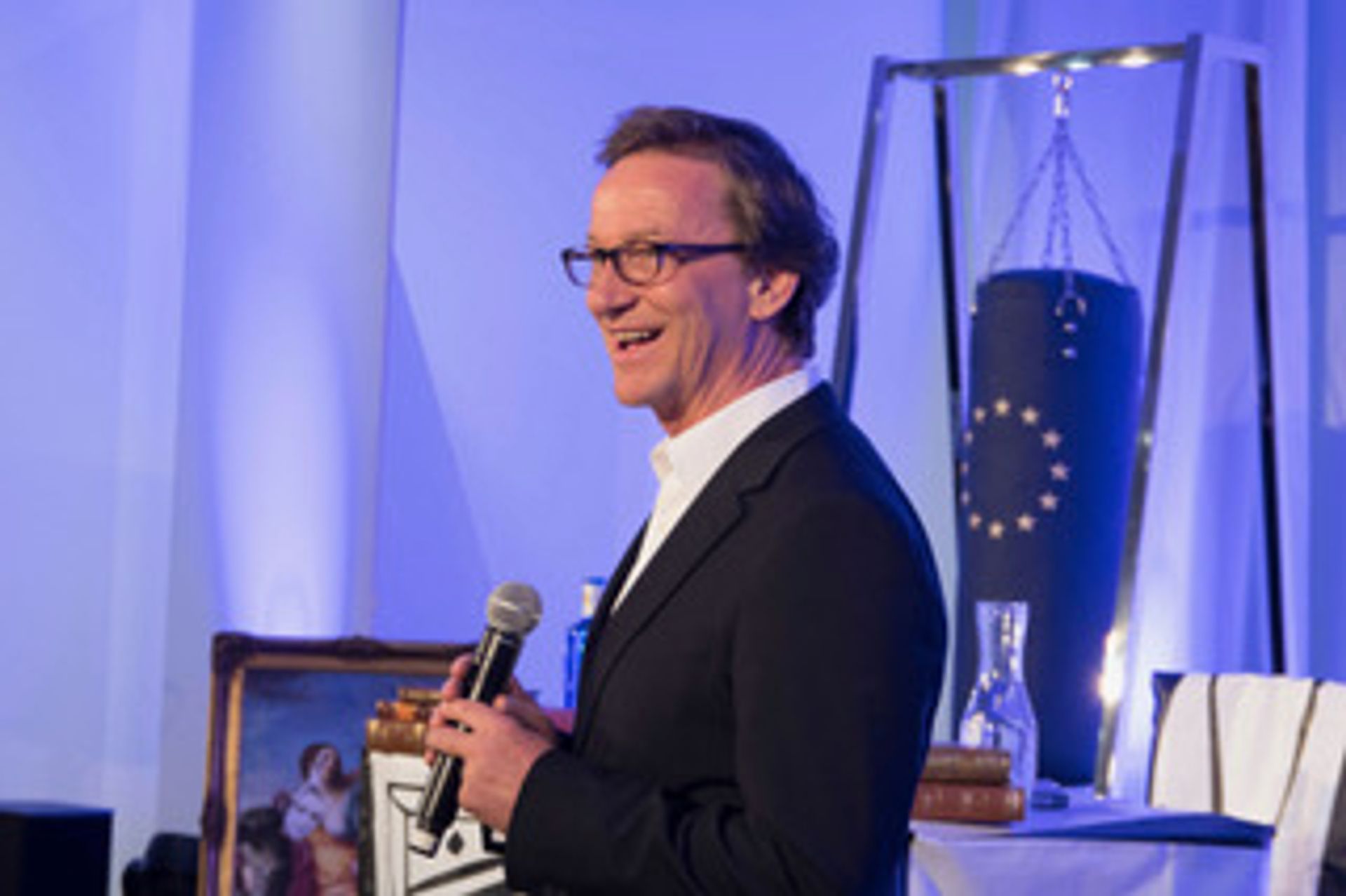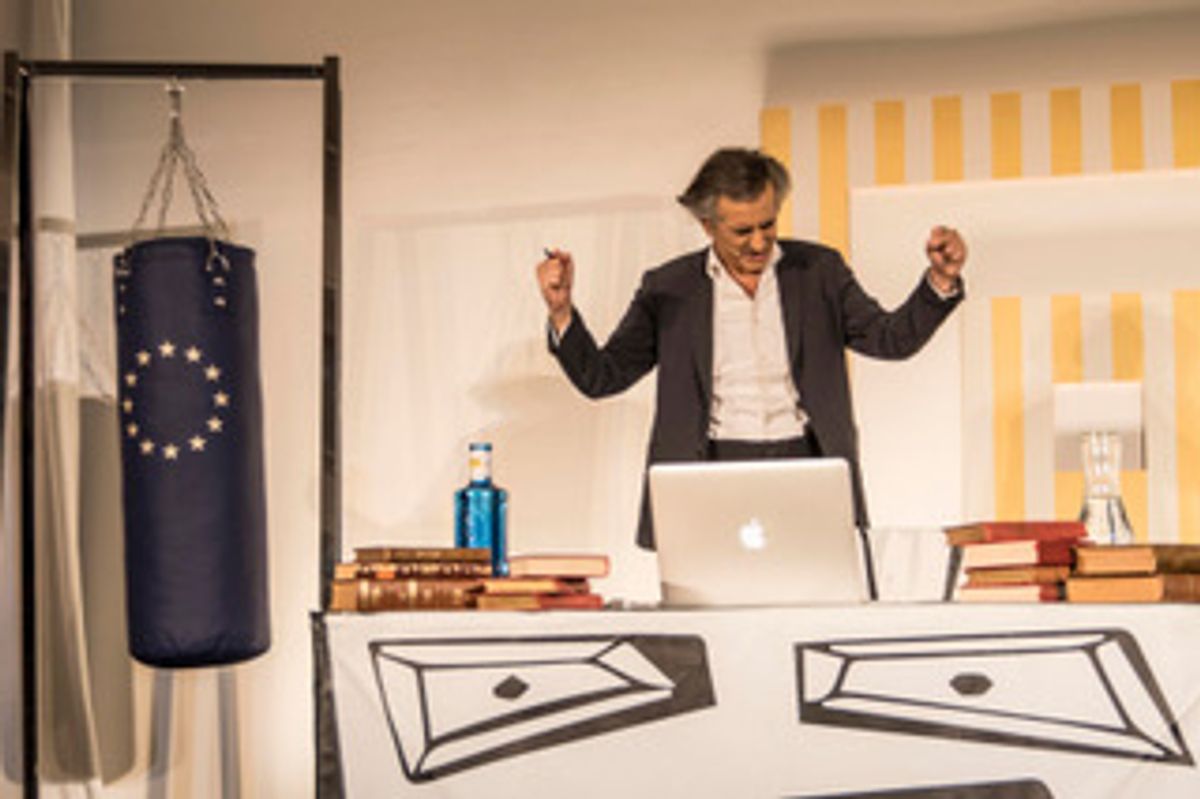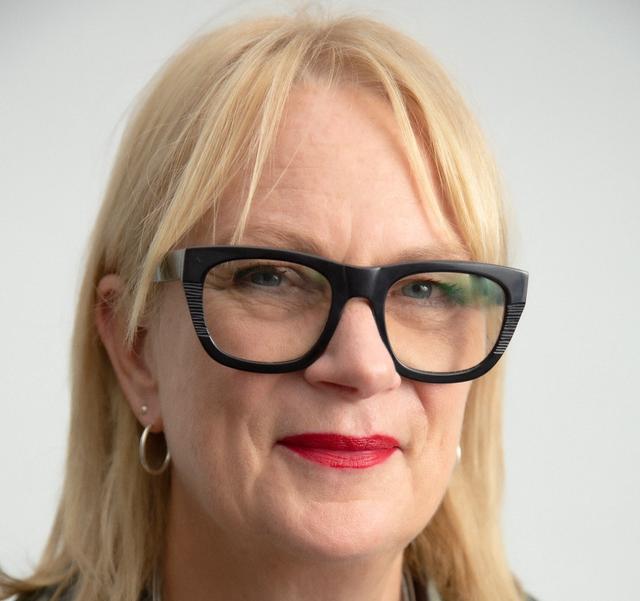Thaddaeus Ropac is staunchly European but he also hasn’t given up on Britain. This, after all is the gallerist who flew in the face of caution by opening his grand London outpost just months after the 2016 referendum, declaring that “for me London is still the ultimate art centre.” Now, to coincide with the European elections Ropac’s Dover Street gallery is playing host to United Artists For Europe, an exhibition of thirty donated artworks and series of events which declares itself to be “an artistic message of hope for a continent in the midst of an identity crisis”. The works on show range from Elmgreen & Dragset’s Anger Management (2018), a punchbag emblazoned with the EU stars for disgruntled Brexiteers to take out their ire, to two glistening EU stamps made from beetle shells by Jan Fabre and Francesco Clemente’s map of Europe with multiply re-drawn borders. Other participating artists include Giuseppe Penone, Grayson Perry, Antony Gormley and Marlene Dumas—and all will be auctioned on June 3 to benefit European cultural projects and new generations of European artists.

Thaddaeus Ropac © Nathaliegayda
United Artists of Europe is the brainchild of the French philosopher and film-maker Bernard-Henri Lévy, who shares Ropac’s love of Britain, which he describes as “the intellectual beating heart of Europe”. Last night in Ropac’s downstairs gallery Lévy performed the finale of his play Looking for Europe (2019) which he has been touring to 20 European cities since March. The final iteration of this appeal for European unity, which is adjusted for each location, took the form of a passionate one-man rebuttal of nationalism and populism performed by Lévy to a packed crowd that included the film director Steven Frears, philosopher AC Grayling and Bianca Jagger. Here he invoked the ghosts of Europe’s great writers and thinkers—including Lord Byron and Winston Churchill and U2’s Bono—to point to another solution via the values of humanism and liberalism. “Please, please remain!”, he implored the audience at the end of the play: let’s just hope the results of the European elections might help to turn the tide in this direction.



